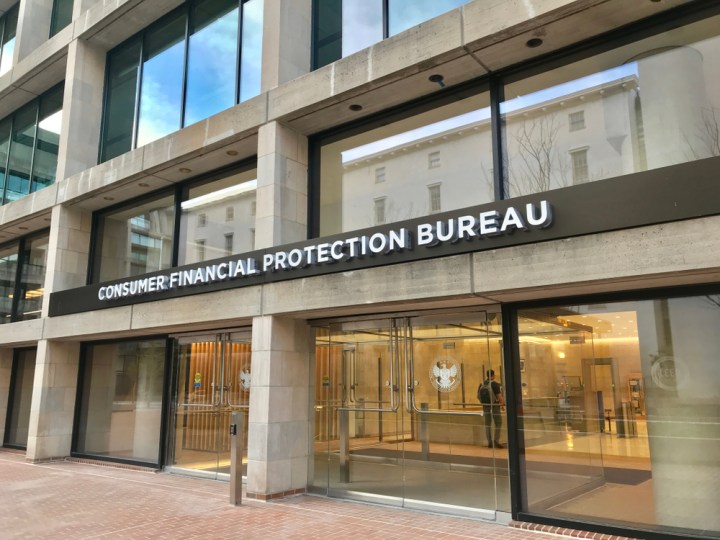
A North Carolina title agent was sentenced this month for selling fake title insurance policies. Ginger Lynn Cunningham owned Blue Ridge Title Company, a title insurance agency located in Buncombe County, North Carolina.
The title insurance company that had done business with Cunningham had canceled the agency in March of 2016, but Cunningham continued through October of 2017 to represent herself as being a title insurance agent. During this time, she purportedly sold falsified title insurance policies, retaining 100% of the premium.
The court records reflect that at least 973 counterfeit title insurance policies were sold to the tune of around $400,000 in bogus premiums. Cunningham pleaded guilty to wire fraud on October 28, 2019.
Cunningham was sentenced to fourteen months in prison and three years of court supervision. She was also ordered to pay restitution.
I would love to say this is a novel case and that these facts don’t make my skin crawl, but former attorney, Brian Davis, was disbarred in South Carolina in 2015 for the same activity.*
By way of background, the vast majority of real estate lawyers in South Carolina are also licensed as title insurance company agents. In other parts of the country, lenders receive title insurance documents directly from title companies’ direct operations. In South Carolina, title companies run agency operations, supporting their networks of agents, almost all of whom are South Carolina licensed attorneys.
Lenders require closing protection letters for closings involving agents. Stated simply, these letters inform lenders that the insurer may be responsible in the event a closing is handled improperly by the closing attorney.
Title insurance company agents also produce title insurance policies and commitments, following the guidelines of their insurance underwriters, and using software programs designed to support the production of these documents.
Some closing attorneys are not agents but instead act as approved attorneys for title insurance companies. Approved attorneys can obtain closing protection letters from their title companies, but they are not able to issue their own title insurance documents. Instead, they certify title to a title insurance company or to a title company’s agent.
If an attorney cannot provide lenders with closing protection letters, that attorney generally cannot close mortgage loans in South Carolina.
In 2007, Mr. Davis was canceled as an agent by his title insurance company**. After that cancellation, he was able to legitimately obtain title insurance commitments and policies through an agent. In 2011, however, Mr. Davis was canceled as an approved attorney. He didn’t let that fact stop him though. He began to fraudulently produce title insurance documents, making it appear that the title insurance company was issuing closing protection letters, commitments and policies for his closings. He also collected funds designated as title insurance premiums, but he never paid those premiums to the title insurance company. He continued to handle closings using fraudulent title insurance documents until his actions were discovered and he was suspended from the practice of law by the South Carolina Supreme Court in 2013. In 2015, Mr. Davis was disbarred.
I supposed I should close by saying don’t do this! Please!
* In the Matter of Davis, S.C. Supreme Court Opinion 27480 (January 21, 2015)
** In the interest of full disclosure, I work for that company.



 The Consumer Financial Protection Bureau (CFPB) has recently issued two documents that may help closing attorneys.
The Consumer Financial Protection Bureau (CFPB) has recently issued two documents that may help closing attorneys.